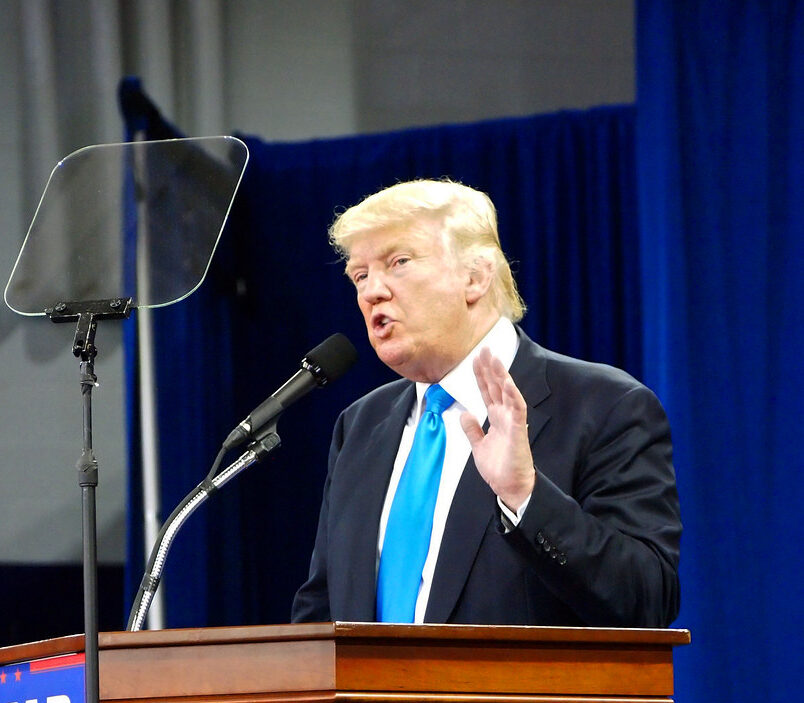Key Takeaways
• Republicans weigh ending a key Senate rule to pass laws faster
• Former President Trump urges GOP to kill the filibuster now
• Some senators back the move, while others resist dramatic change
• Debate may shape future election rules and major legislation
Introduction
Republicans face a big choice. They can use a tool called the filibuster to block bills or change Senate rules. Now, some GOP leaders want to kill the filibuster. They claim this step will let them pass laws more easily. Others warn it will weaken debate and hurt democracy.
What Is the Filibuster?
The filibuster is a Senate rule. It forces most bills to get 60 votes before moving forward. That means a minority of 41 senators can hold up legislation. In the past, senators had to speak on the floor for hours or days. Today, they simply threaten the filibuster to stop bills before a vote.
Why Republicans Are Talking About Ending It
Many Republicans feel frustrated. They hold a slim Senate majority. Even with 51 seats, they often can’t pass key bills. Meanwhile, Democrats used the filibuster themselves in past years. Now, GOP leaders worry the next Democratic Senate majority will scrap it first. Therefore, they argue, Republicans must act now or lose power later.
Trump Pushes GOP to Kill the Filibuster
Former President Trump has stepped in. He wrote on Truth Social that Republicans “will rue the day” if they don’t terminate the filibuster. He called it “the survival of our Country.” Trump argues that passing wall funding and election security laws depends on ending this Senate rule.
Senate Republicans Divided on the Filibuster
Senators hold mixed views. Some back Trump’s call. Others say ending the filibuster would break long-held Senate traditions.
Senator Ron Johnson’s Support
Senator Ron Johnson of Wisconsin now backs scrapping the filibuster. He says Democrats will ditch it the moment they gain power. Johnson believes new election security laws will need simple-majority votes. He told reporters they must act while they can “pass legislation for the benefit of the American public.”
Senator James Lankford’s Opposition
Senator James Lankford of Oklahoma pushed back. He attended a White House breakfast with Trump. Yet he does not support killing the filibuster. Lankford says the Senate already moves too fast on major issues. He wants to preserve minority input.
Senator Tommy Tuberville’s Shift
Senator Tommy Tuberville of Alabama once opposed ending the filibuster. After the recent government shutdown, he changed his mind. Tuberville now says Republicans should act for the American people. Still, he did not join all senators in backing Trump’s plan.
Senator Shelley Moore Capito’s Stand
Senator Shelley Moore Capito of West Virginia remains firmly against ending the filibuster. She believes it protects debate and prevents rash decisions. Capito notes that past Republican majorities used the rule to block bills they disliked.
Senate Leader’s View
Senate Republican Leader John Thune also weighed in. He told reporters there are not enough votes to kill the filibuster. Even with Trump’s pressure, Thune says many senators value the rule. He does not expect a major change soon.
Potential Effects of Killing the Filibuster
If Republicans decide to kill the filibuster, the Senate will need only 51 votes to pass most bills. This could speed up laws on taxes, healthcare, and elections. However, the move could also lead to political retaliation. Democrats may use simple majorities to reverse new GOP laws in the future.
Impact on Election Laws
Some GOP senators hope to pass stricter voting rules. They argue these laws will protect election integrity. Without the filibuster, they could approve such measures quickly. Critics say the proposed changes would make it harder for some groups to vote.
Supreme Court and Future Power Plays
Beyond election laws, some senators hint at larger shifts. They mention expanding the Supreme Court or changing its rules. With a simple majority, Republicans could reshape the nation’s judicial branch. Opponents warn this would deal a lasting blow to checks and balances.
Why the Filibuster Matters to You
This debate affects all Americans. The filibuster shapes how laws are made. It gives minority senators a voice. Removing it could shorten debates and cut out minority views. Yet, supporters argue it also blocks needed reforms and wastes time.
Looking Ahead: A High-Stakes Choice
The coming months will reveal whether Republicans will move to kill the filibuster. They must balance short-term gains against long-term norms. If they do end this rule, the Senate will change forever. Meanwhile, many Americans will watch closely as their leaders decide.
Frequently Asked Questions
What happens if senators kill the filibuster?
If the filibuster ends, most legislation needs only a simple majority. That lets the majority party pass bills more easily but also risks quick reversals when power shifts.
Why do some senators oppose ending the filibuster?
Opponents say the filibuster protects debate and minority rights in the Senate. They worry that removing it will lead to rash decisions and deepen political divides.
Could Democrats restore the filibuster in the future?
Yes. If Democrats regain the Senate, they could reinstate the filibuster or change other rules. The power to set Senate rules rests with the majority party.
How might ending the filibuster affect voting laws?
Without the filibuster, stricter voting laws could pass on a simple majority. Supporters claim this would secure elections, while critics say it could limit voter access.
